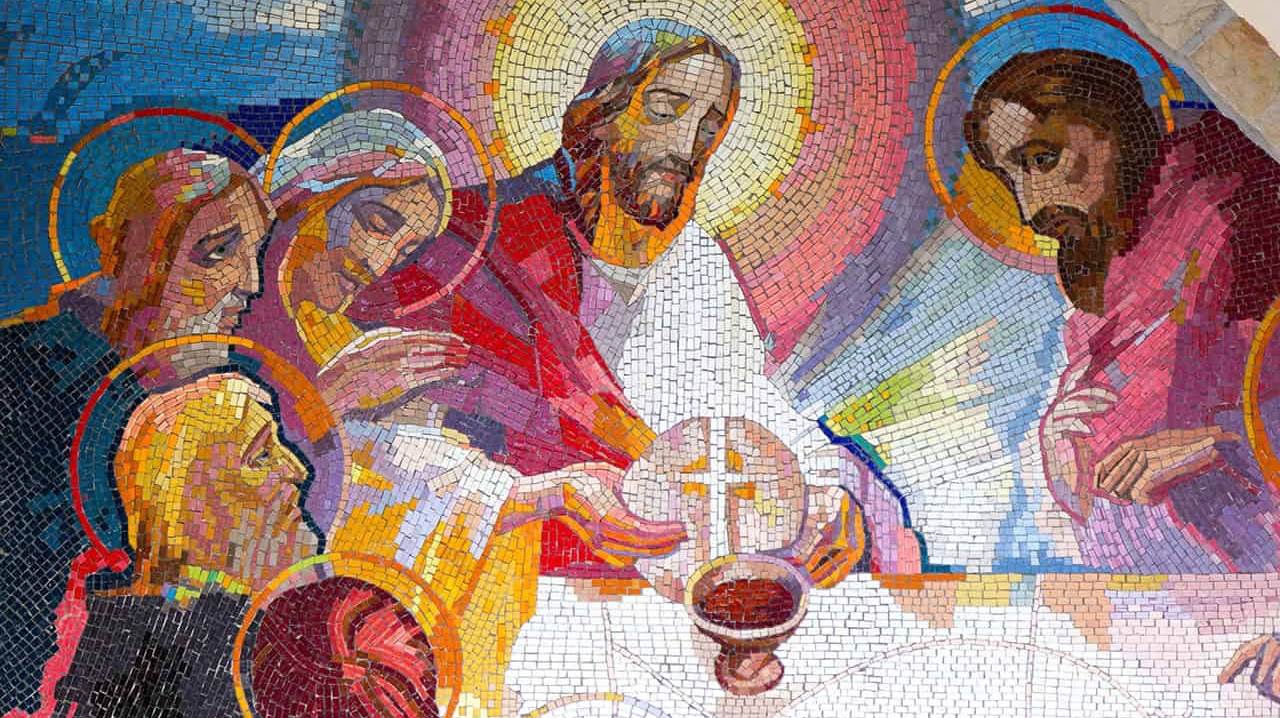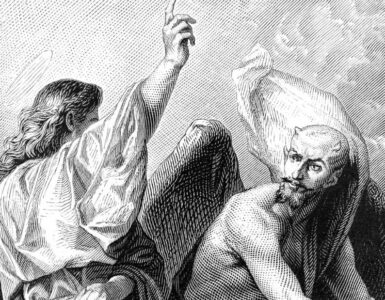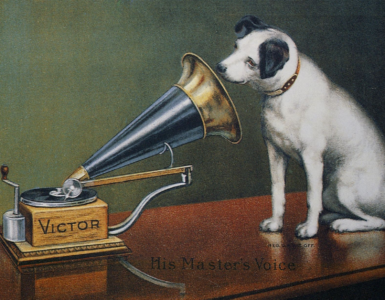Jesus introduces himself as our Shepherd. Perhaps the Psalm most familiar and dearest to us is Psalm 23: “the Lord is my Shepherd; there is nothing I shall want.” However, even in our familiarity with that Psalm we are in no way hardwired to appreciate the role of Christ as our Shepherd and, even less, to accept our role as his sheep. Hence, first, we ought to delve into the Hebrew psyche as evidenced in the Bible if we want to benefit spiritually from this image. For the Bible, shepherds and nomads in general are closer to God because they are closer to nature and more dependent on the Lord for their existence.
Farmers and city dwellers are more independent and settled in the security that they themselves have made. Abraham, Isaac and Jacob were all nomads and shepherds. So were Moses, King David and other relevant figures in the Old Testament. The prophet Ezekiel refers to the Kings of Israel as shepherds. However, since many of them were bad shepherds, Yahweh God decided to shepherd Israel himself:
Thus says the Lord GOD: I swear I am coming against these shepherds. I will claim my sheep from them and put a stop to their shepherding my sheep so that they may no longer pasture themselves. I will save my sheep, that they may no longer be food for their mouths.
Ezekiel 34:10
This is the context in which Jesus introduces himself as our Shepherd.
Yet, the picture of Jesus Christ as our Shepherd is not complete without the role of the Father in shaping him as a “shepherd after my own heart.” (cf. Jeremiah 3:15) How was Jesus, the Son, formed and trained by the Father so that he could claim that: “The Father and I are one.” And that, referring to us as sheep “no one can take them out of my hand” as well as: “no one can take them out of the Father’s hand?”
We find the answer in the letter to the Hebrews which reflects how all Hebrew fathers had to train their sons very harshly, from age twelve, to face with courage the hardships and the cruel dealings of life as adults.
My son, do not disdain the discipline of the Lord or lose heart when reproved by him; for whom the Lord loves, he disciplines; he scourges every son he acknowledges. Endure your trials as “discipline”; God treats you as sons. For what “son” is there whom his father does not discipline?
Hebrews 12:5-7
This is also how God the Father “disciplined” his Son Jesus to get him ready to face the worst hardships of life on earth. The Father toughened Jesus up to get him ready to endure the cruelest tortures, the flogging, the crowning with thorns and the horrific pain of the cross.
This is how the Father prepared his Son Jesus to be our Shepherd!
However, the Book of Revelation presents an apparent contradiction: it combines the image of Jesus as Shepherd with the image of Jesus as the Lamb of God.
For the Lamb who is in the center of the throne will shepherd them and lead them to springs of life-giving water, and God will wipe away every tear from their eyes.
Revelation 7:17
Is Jesus our Shepherd or a lamb?
Thankfully, the prophet Isaiah offers us a reassuring and enlightening explanation: the Father had toughened up Jesus so well that he became our Shepherd, our Leader to the pastures of heaven by becoming the sacrificial Lamb whose Blood opens for us the springs of life-giving water, the water of grace. Or, to borrow Jesus’ own words: to “give them eternal life.” (cf. John 6:27)
In this context, then, what is the implication of the following statement: “My sheep hear my voice”? It indicates that, as trusting and obedient sheep, we are expected to heed the voice of Jesus who prepares us to accept and to face with courage, self-discipline and resolve the inevitable hardships of life on the way to the springs of life-giving water. But “My sheep hear my voice” means also that, through his Blood shed on the cross, Jesus knows us each by name in a detailed, personal way. It gives us reassurance that Jesus, our Shepherd and Paschal Lamb, deals with each one of us as the unique, most precious and unrepeatable creations that we are.
Jesus knows our inclinations, our likes and dislikes, what frightens us and what lifts us up, what weighs us down and what elates us. Jesus knows our weaknesses and our strengths, our talents and our flaws. Jesus is the only one with the complete picture of our being; and he loves us in the completeness of our being. Jesus doesn’t love only what is lovable in us thus far, but in the unlimited possibilities of who we can become with his help.
As Shepherd, he tends to our wounds so that we may soon walk expeditiously again on the path to the heavenly fold. Think, if you will of the Sacrament of Reconciliation. It is strongly recommended therefore that, now and then, we pause to appreciate his loving care, his words of forgiveness and encouragement, as well as feel the reassurance of his presence so that we may decide, at long last, to follow him with unwavering trust. Today can indeed be one such day of rest and awareness of his presence before we resume our journey towards the green pastures of heaven.





























